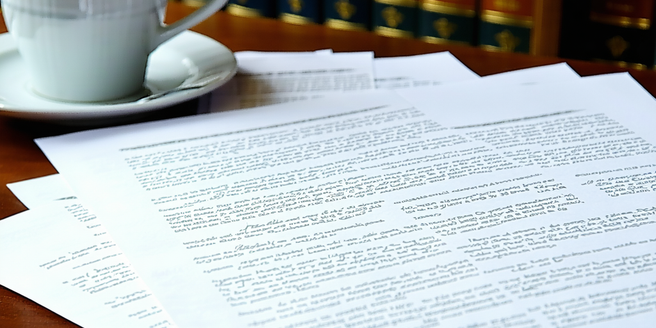
Understanding the Basics of Class Action Lawsuits
Class action lawsuits are legal proceedings where a group of people collectively bring a claim to court. These actions streamline litigation by addressing common issues among parties, saving time and resources. Typically, the lawsuit arises when a large number of individuals suffer a common injury, such as defective products or illegal employment practices. The court first decides whether the claims should be grouped as a class action. If so, the case proceeds with representatives of the group. This process helps balance the scales of justice against powerful entities by uniting numerous small claims into a singular, impactful lawsuit. Participants benefit from shared litigation costs, although any potential award is split among the members after legal expenses. Understanding these fundamentals is crucial for anyone involved in or potentially affected by such lawsuits.
Key Components in Building a Strong Trial Strategy
Creating a robust trial strategy is fundamental in a class action lawsuit. The first step is thorough research and analysis of the facts to identify the strengths and weaknesses of the case. This involves gathering vital information, which includes evidence, expertise from subject matter experts, and a solid understanding of applicable laws. Developing a narrative that is compelling and easy to understand is essential to persuade judges and juries. Furthermore, anticipating the opposition’s arguments and preparing counter-arguments is crucial. Effective communication and presentation skills play a pivotal role in delivering the case coherently. Finally, assembling a team of skilled legal professionals ensures that each aspect of the trial is managed meticulously. With these elements in place, a strong trial strategy can significantly enhance the chances of a favorable outcome.
Effective Evidence Collection and Management Techniques
In the realm of class action trials, effective evidence collection and management techniques are paramount to success. Firstly, a comprehensive plan is essential, focusing on gathering all pertinent information relevant to the case. This includes conducting interviews, assembling documents, and employing investigative techniques to uncover hidden details. Digital evidence, such as emails and social media activity, should also be diligently collected and preserved. A meticulous chain of custody process ensures that evidence remains untampered. Utilizing modern technology aids in organizing and storing vast amounts of data effectively. Furthermore, proper categorization and analysis of the collected evidence assist in identifying key facts supporting the legal arguments. Clear documentation of every step in the evidence management process is vital for transparency and credibility during court proceedings, ensuring that the integrity of the evidence is maintained throughout.
Assembling a Skilled Legal Team for Success
In class action trials, a skilled legal team can be the decisive factor for success. The selection of attorneys and support staff with extensive experience in class action litigation is vital. Team members should have a proven track record of handling complex legal issues and the ability to work collaboratively towards a common goal. Expertise in subject matters relevant to the case is necessary for formulating sound legal strategies. A cohesive team that communicates effectively ensures that no aspect of the trial is overlooked. Paralegals, researchers, and administrative staff play critical roles in managing documentation and logistics. Regular strategy meetings and a shared dedication to achieving the best possible outcome provide the foundation for a successful trial. Investing in assembling the right legal team can maximize efficiency and greatly improve the likelihood of success in class action proceedings.
Navigating Court Procedures and Legal Protocols
Navigating court procedures and legal protocols in class action trials demands a thorough understanding of the judicial process. Familiarity with the specific court rules, deadlines, and filing requirements is essential to avoid delays and potential dismissals. Legal teams must meticulously prepare documents, ensuring they comply with procedural requirements. This includes understanding pretrial motions, appropriate court submissions, and strategies for effective oral arguments. Engaging with the court in pre-trial conferences can facilitate better communication and planning. Knowledge of jurisdictional nuances, such as local rules and judge preferences, is also vital. Adhering to professional conduct and ethical standards is mandatory throughout the trial process. By diligently navigating these procedures and protocols, legal teams can efficiently manage trials, thereby enhancing their clients’ prospects in class action litigation.
